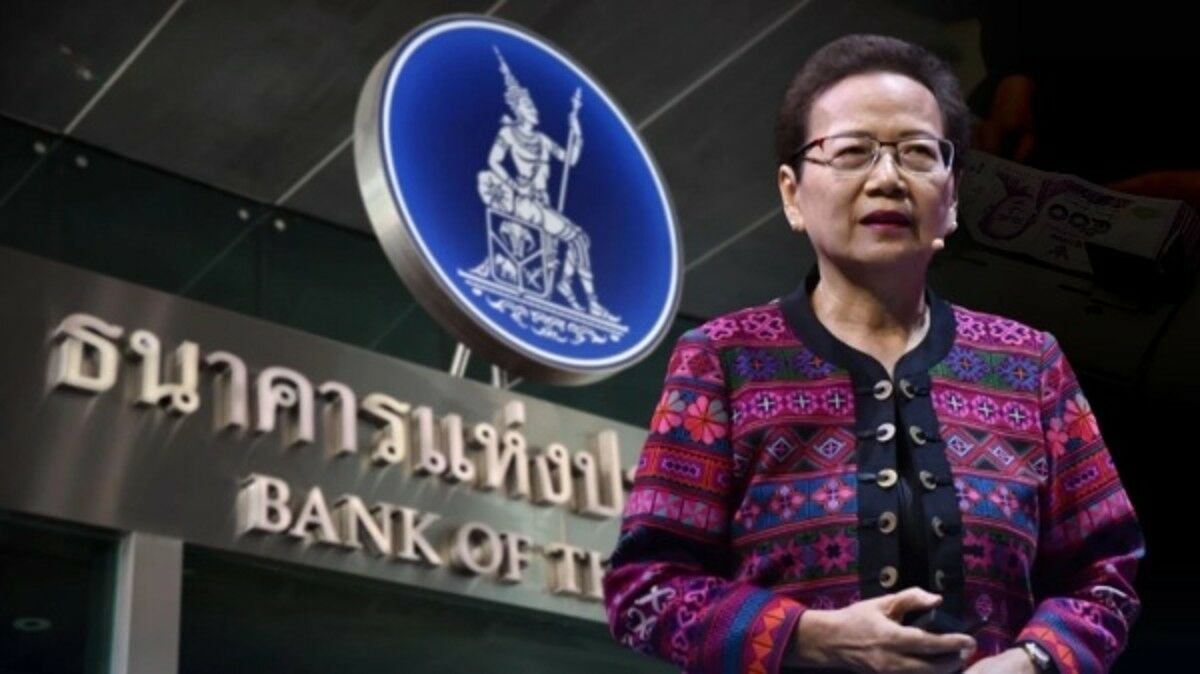New chairman could spell economic disaster, warns ex-bank boss

The race to appoint the next Bank of Thailand (BoT) board chairman has taken a dramatic turn as former governor Tarisa Watanagase warns that a bad choice could plunge the economy into chaos.
In a fiery Facebook post, Tarisa urged the panel selecting the new BoT chair to exercise extreme caution, stressing that appointing the wrong person could open the door to dangerous political interference.
“Panel members must show good conscience in selecting the new BoT board chair, to prevent economic catastrophe.”
The warning comes just as the selection panel is set to choose a replacement for current chairman Poramethi Vimolsiri, whose term ended in September. The decision has been under intense scrutiny, with the Pheu Thai-led government applying pressure for the BoT to slash interest rates, sparking fears of government overreach.
Tarisa is concerned that the next chair could become a puppet for political agendas, especially amid tensions over the central bank’s refusal to lower rates and its opposition to the government’s controversial 10,000-baht digital wallet scheme. She highlighted that any form of government control over the central bank could spook foreign investors and destabilise the economy.
“The handout scheme would create a huge fiscal burden on Thailand and threaten the country’s credit rating.”
Tarisa believes that if the central bank loses its independence, Thailand’s credit rating could plummet, inflicting severe harm on both businesses and the wider economy, reported The Nation.
In related news, BoT unveiled an open data initiative aimed at enhancing access to financial services for Thai citizens and businesses. The Your Data initiative allows individuals and small and medium-sized enterprises (SMEs) to share their data with financial institutions, facilitating improved access to a range of financial services.
In other news, the Finance Ministry suggested adjusting the inflation target for next year to a range of 1.5 to 3.5%, up from the current 1 to 3%, to grant BoT more flexibility in lowering the policy rate.
Latest Thailand News
Follow The Thaiger on Google News:


























